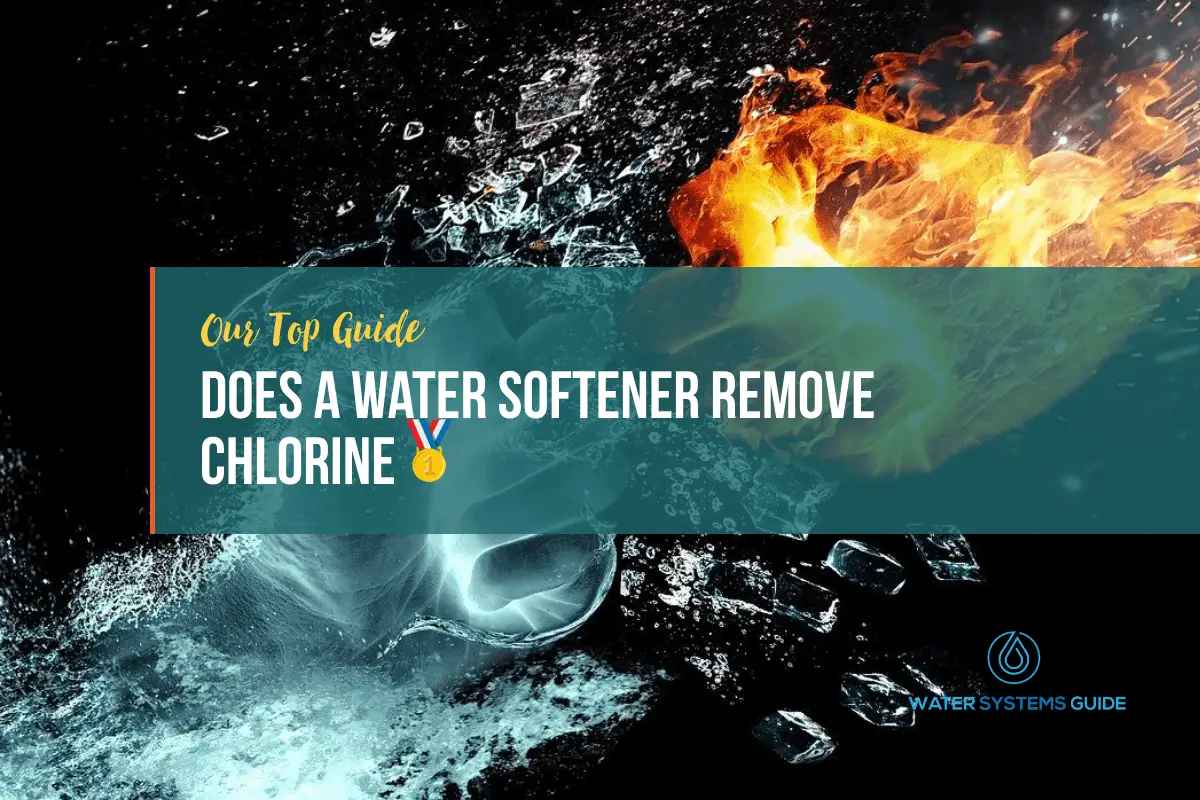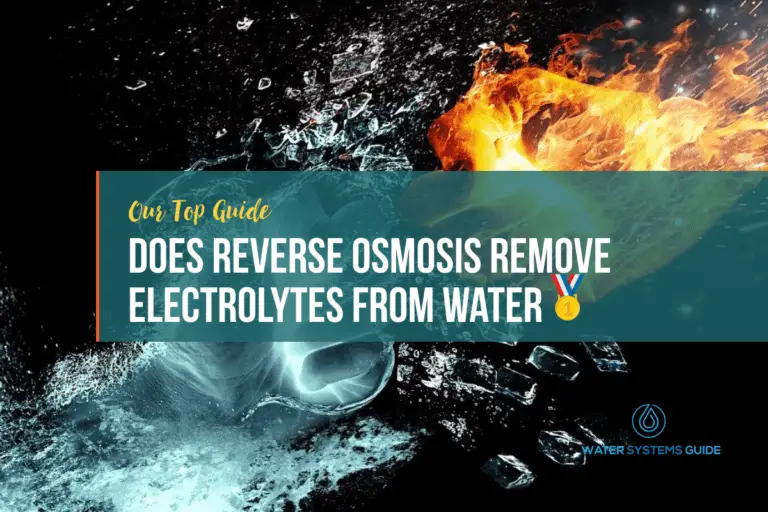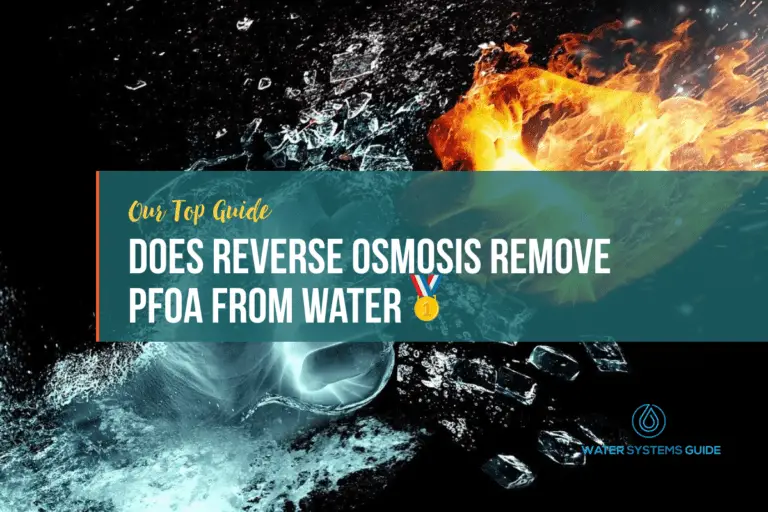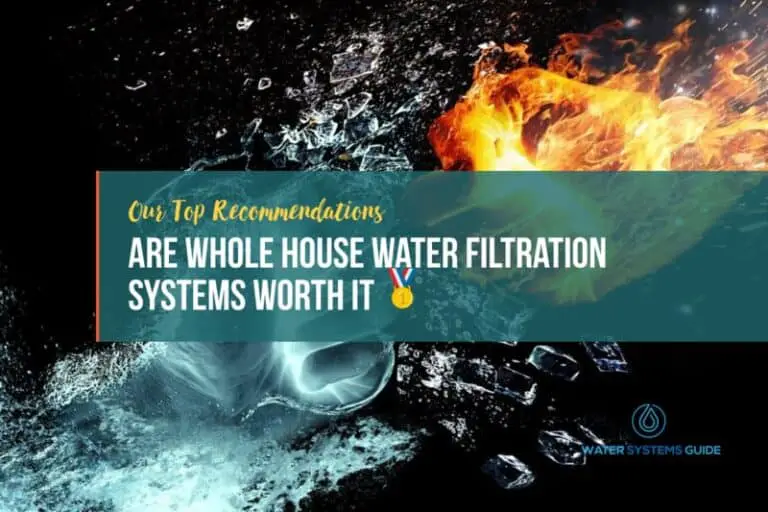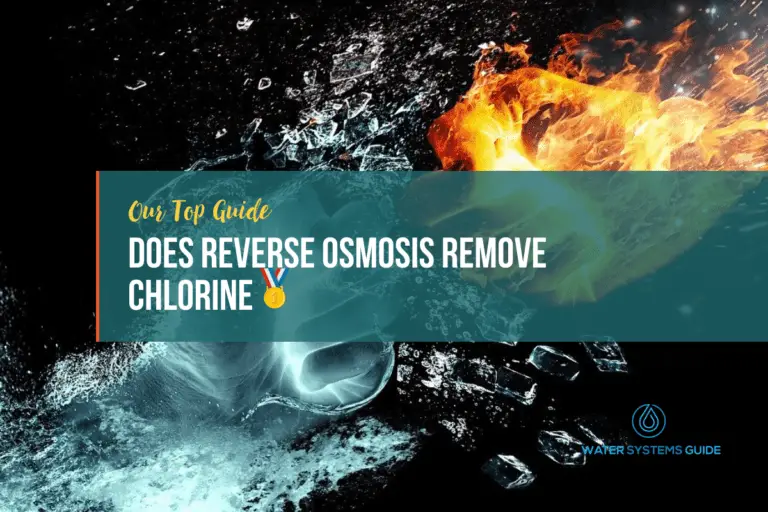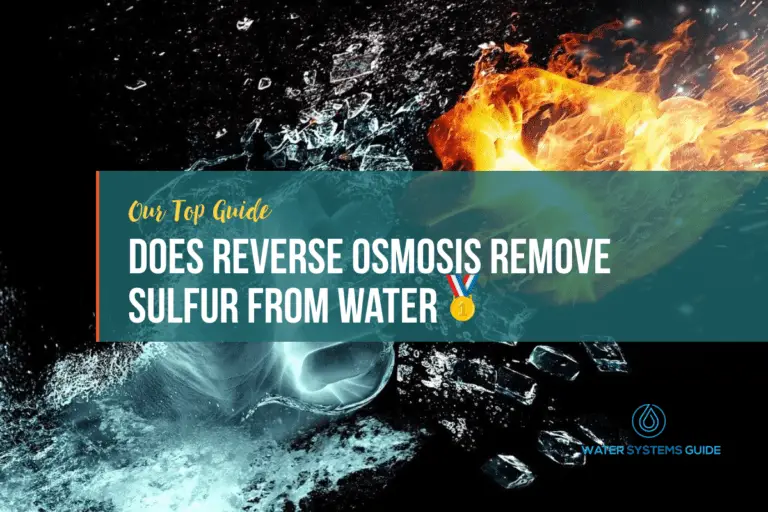Does A Water Softener Remove Chlorine?
Why Remove Chlorine from Water in the First Place?
More than 98% of water supply systems in the United States (including those in bottled water facilities) rely on chlorine as a disinfectant. This practice began in 1908 and rapidly expanded as a reliable method for eradicating diseases and bacteria from the nation’s water supply.
The reason a glass of water (or even a bathtub’s worth) from your tap doesn’t smell like a swimming pool is that the concentration of chlorine is very low; no more than 4 milligrams per liter.
That’s still enough to produce some differences in smell and taste — just not enough for someone unaware of the chlorination practice to deduce that their tap water contains the same chemical as the community pool.
Is Chlorination Safe?
Federal health authorities state that chlorination at levels of 4 milligrams per litre or less is safe. As with most things science-related, however, debate abounds. Some experts are concerned about links between chlorine and cancers of the bladder, rectum, and breast. Chlorine was, after all, used as a chemical weapon in World War I.
Those sentiments are far from unanimous, though; for every reputable expert warning Americans about water chlorination, an equally-reputable counterpart exists claiming there’s no issue.
What do Water Softeners Remove?
Water softeners are specifically designed to reduce the hardness of water. They serve homeowners the purpose of removing minerals and metals that cause scale build-up and create all sorts of household havoc.
How Does a Water Softener Work?
A water softener is filled with sodium (salt), and it is installed where the public water supply enters the home. The water that passes through the water softener goes through an ion exchange process. The minerals in the water that cause hardness have their ions exchanged for the softer sodium ions. Periodically, the water softer undergoes a regeneration cycle, the hard ions are flushed away, and the water softener can continue to soften the incoming water efficiently. The sodium in the water softener has to be refilled regularly to ensure that there is enough available for the ion exchange process.
How Could a Water Softener Remove Chlorine?
If you want to soften your water supply and remove chlorine at the same time, you will need some additional filtration. One of the most popular methods is catalytic filtration; this process removes dissolved elements, such as magnesium, iron, calcium, and chlorine, with an ion exchange process similar to that detailed above. This results in silky soft water that will feel luxurious on your hair and skin when washing.
Another popular filtration system uses Granular Activated Carbon (GAC) to remove chlorine from the water. The GAC media is added to the water softener resin bed, and it eliminates the chlorine as the water passes through the water-softening process. This can be effective for up to three years, but water softener resin can last up to ten years, and it is hard to remove GAC from resin. So, if you decide to use this method, it will be effective, but it will shorten the life of your resin bed because it will need to be replaced at the same time as the GAC.
Finally, there is KDF-55, this is a powerful chlorine remover that uses granular media for water filtration. This can soften water, but it needs to be placed in a media guard, which is often a basket that’s attached to the underside of the water softener valve. This system will remove large quantities of chlorine before the water passes into the water softener to remove the hardness.

